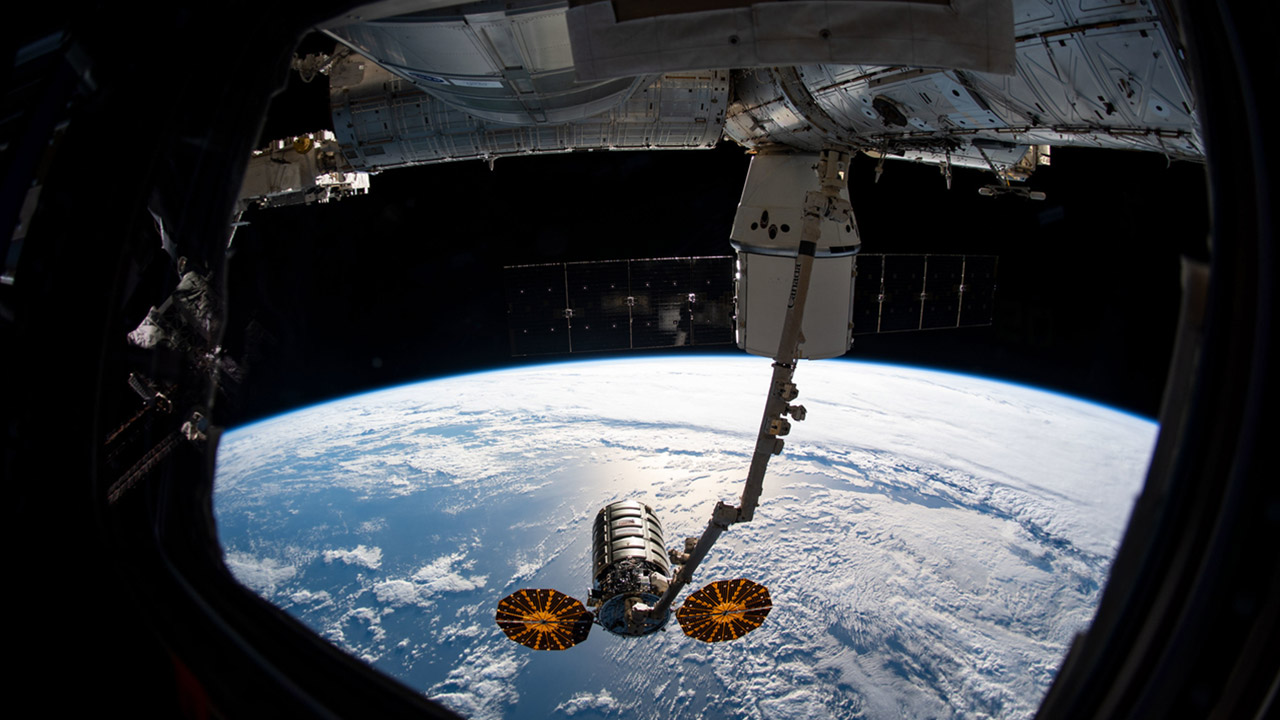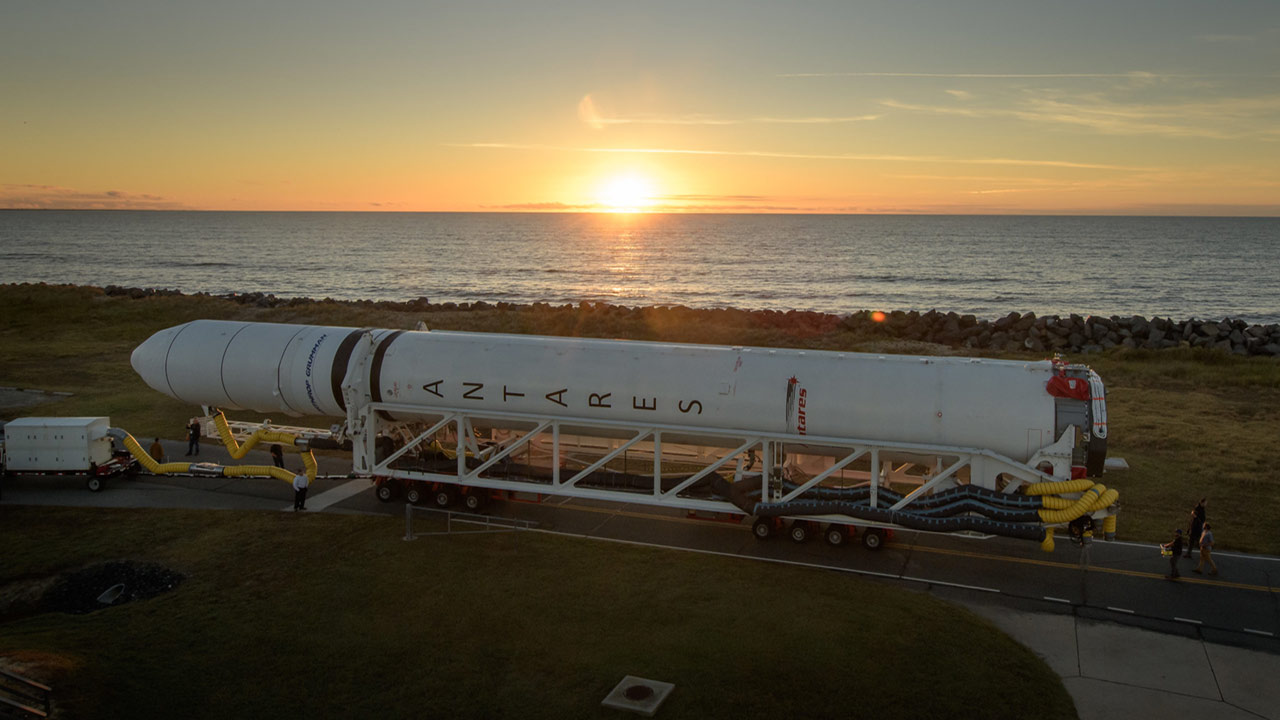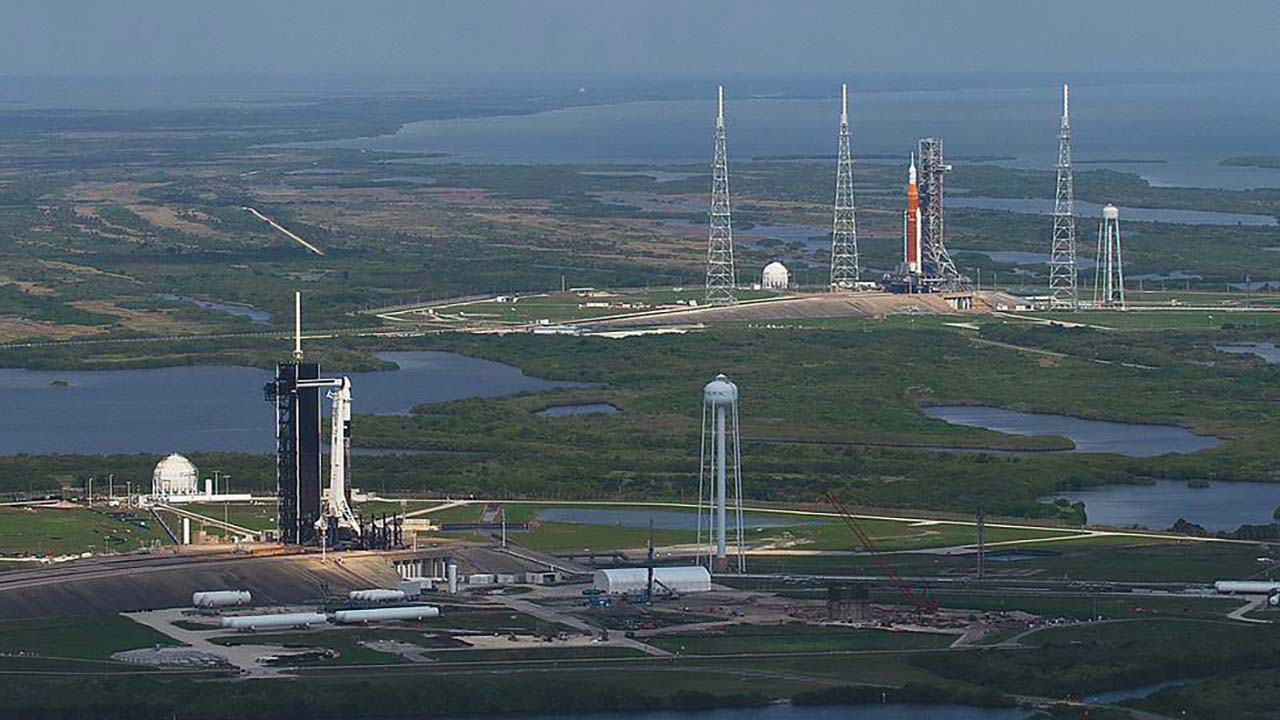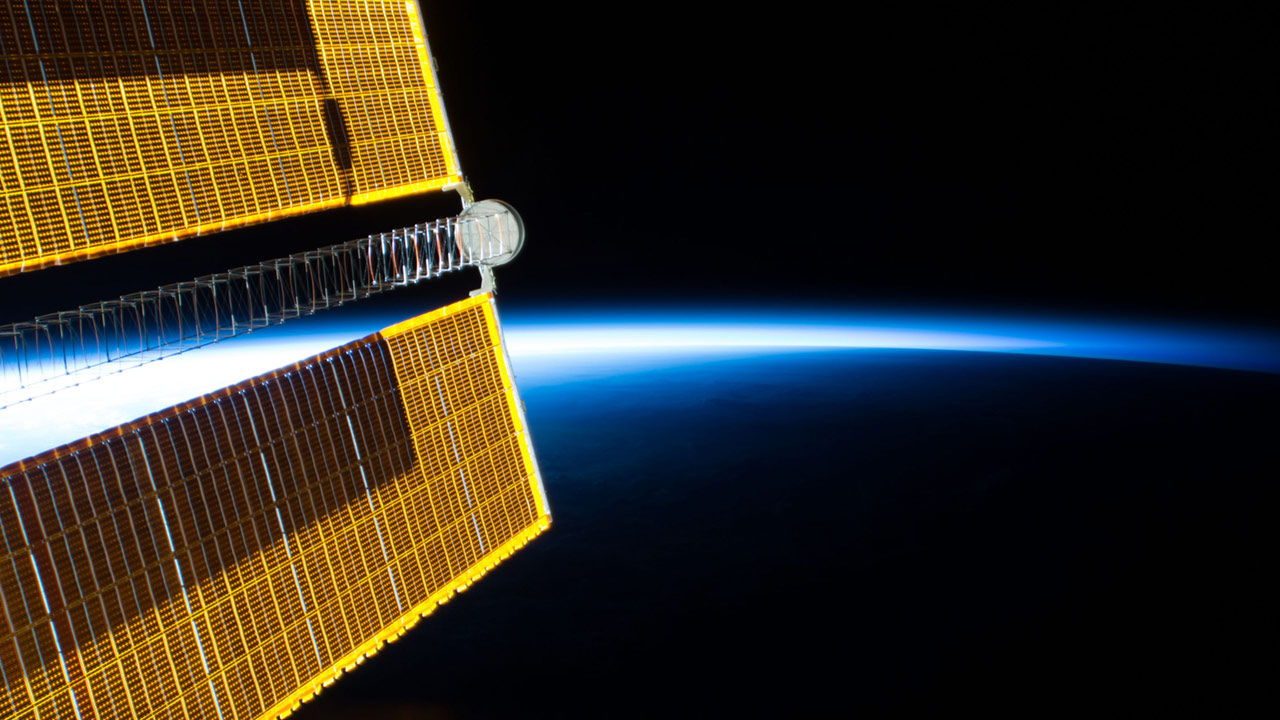At a Glance
- Space Tango and Alpha Space are combining their spaceflight expertise to assist Australia’s University of Adelaide in sending a pharmaceutical stability study to the ISS National Lab.
- This is the first space environment companion investigation that will provide data on pharmaceutical stability of excipients from conditions both inside and outside the ISS
- The University of Adelaide will use Space Tango’s CubeLab hardware inside the ISS and Alpha Space’s MISSE Flight Facility on the exterior of the ISS to study how exposure to microgravity and space radiation affect the stability of tablet formulations.
- The first part of the investigation using Space Tango’s CubeLab hardware will launch to the ISS on Northrup Grumman’s upcoming 14th commercial resupply services mission. The second part of the investigation using the MISSE Flight Facility will launch on a later resupply mission.
- Further understanding of how the space environment may affect excipients used in drugs will provide useful formulation stability data. Studies such as this contribute to an improved drug manufacturing process for use both on Earth and in space.
Today, astronauts living in space 250 miles above the Earth’s surface have a supply of fully stocked and nonexpired medicines, courtesy of commercial resupply services missions from Earth. However, future astronauts that endure a three-year trip to Mars may not have the same convenience. Without access to frequent resupply missions, pre-packed medicine for their journey will likely expire before they arrive, as most commercially available medicines have an average shelf life of two years, and sometimes less. While extending the shelf life of medicine might seem feasible, our future astronauts will still be limited by both storage capacity and variety. The ability to produce drugs in space and on demand could be the best solution to both of these challenges, with added benefits to pharmaceutical companies here on Earth as well. This is why the University of Adelaide, Space Tango, and Alpha Space are working together to provide information toward this solution.
Medications like over-the-counter pain relievers and fever reducers typically include an active drug such as ibuprofen, but also include excipients. These are substances included during the drug manufacturing process that can influence tablet dissolution, extend shelf life, and maintain long-term drug potency. Further understanding of how the space environment may affect excipients used in drugs will provide useful formulation stability data that can contribute to an improved drug manufacturing process for use on Earth as well as in space.

University of Adelaide flight samples are loaded into a Space Tango CubeLab for internal evaluation.
Media Credit: Image courtesy of Space Tango
To better understand the effects the space environment may have on excipients, the University of Adelaide has teamed up with International Space Station (ISS) U.S. National Laboratory Implementation Partners Space Tango and Alpha Space Test and Research Alliance (Alpha Space) to conduct a pharmaceutical stability study. Drug tablets formulated by the University of Adelaide will be placed in a Space Tango CubeLab for ambient study inside the radiation shielded microgravity environment of the ISS. Tablets will also be placed on Alpha Space’s external Materials International Space Station Experiment (MISSE) Flight Facility outside the ISS, where they will be exposed to space radiation as well as microgravity.
“Space Tango is pleased to coordinate with Alpha Space on a companion external study as we support the University of Adelaide’s initial mission to the ISS,” commented Space Tango CEO and Co-Founder Twyman Clements. “These investigations highlight the true spirit of cooperation that is at the foundation of advancing ISS capabilities and the future of the commercial space economy.”

University of Adelaide ground control samples are loaded into a Space Tango CubeLab for evaluation.
Media Credit: Image courtesy of Space Tango
The formulated tablet samples will be composed of ibuprofen as the active drug ingredient, vitamins, and added excipients including silica, talcum, iron oxide, titanium oxide, flavors, and calcium phosphate. With the exception of flavor-driving excipients, the remaining excipient materials are found in abundance on Earth and can also be found on the lunar surface. Samples will be maintained on the ISS for six months. Upon return, samples will be examined by the University of Adelaide to see how exposure to microgravity and radiation affected drug stability. This pilot investigation provides an opportunity for the University of Adelaide to learn more about spaceflight logistics as they relate to the future microgravity studies on the production of both health and technology products.

Both the ground control and flight CubeLab investigations are affixed with radiation sensor cards.
Media Credit: Image courtesy of Space Tango
“Collecting data on medicine stabilization for long-term space missions using both the internal and external platforms allows us to generate highly innovative data sets that will help direct the future in-orbit and on-demand production of medicines,” said Professor Volker Hessel, Deputy Dean of Research and Research Director of Centre for Sustainable and Planetary Resources (CSPSR) at the University of Adelaide. “As our first study on the ISS, we are excited to have the opportunity to work with strong and experienced partners like Space Tango and Alpha Space to support our science. We look forward to working together on future studies with these internal and external platforms to further advance our space resource initiatives across interdisciplinary, medicine-process technology applications.”
Consisting of two science payloads, this study is officially named “Pharmaceutical Excipient Ingredient Stability in Microgravity.” The first payload of this companion study will launch on Northrop Grumman’s 14th commercial resupply service mission and remain inside Space Tango’s CubeLab hardware for six months on the ISS National Lab. The second half of the companion study will be launched on a future flight and will remain outside the ISS on the MISSE Flight Facility platform.
“It is excellent to see collaborations with international partners, and between Implementation Partners, taking shape,” commented Mark Gittleman, President and Chief Executive Officer of Alpha Space. “These partnerships allow us to leverage the multiple environments on the ISS and accelerate science and discovery. We look forward to supporting the University of Adelaide in future initiatives where access to our external platform can accelerate their ongoing space efforts.”







